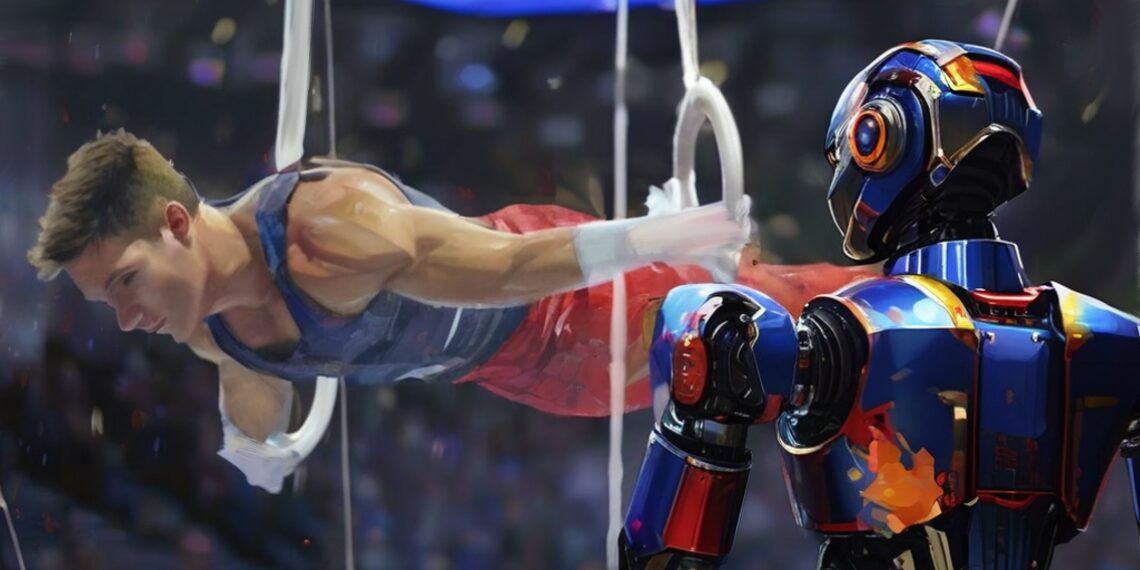At the 2023 World Championships in Antwerp, the last spot for the Olympics was contested by Tin Srbić of Croatia. Srbić advanced to the Paris 2024 Olympics finals after completing a clean routine. Despite being skeptical of his score, Srbić decided to challenge the judges’ decision. This challenge, for the first time, involved an AI review system as opposed to standard human judges.
The system was the Judging Support System (JSS), which was introduced in the hope of improving fairness and transparency in the sport of gymnastics. One benefit of JSS is its ability to address smaller measurements and technicalities that may be missed by human judges. It was also hoped that JSS could reduce any biases in scoring gymnastic routines. At the same time, critics feared that traditional judgement and artistry in gymnastics would be compromised if AI systems became the standard. This uncertainty is exacerbated by the secrecy and lack of information surrounding the use of JSS during competitions.
The JSS system has continued to evolve and grow since its debut, based on initial usage in the 2019 World Championships. There has been discussion of commercializing the technology to be used in training and practice, although there are concerns that not all gymnastics federations will be able to afford it, leading to an uneven playing field. Additionally, the emphasis on artistry in gymnastics adds to the complexity of the judging process, as JSS currently does not assess artistry. The future of JSS in the sport is still uncertain, but for now it remains a complement to human judges.
In the matter of Srbić’s inquiry, his score did not go down. In fact, after the review using JSS, his score jumped by .2 points— enough to get him a silver medal at Worlds, and that all-important spot at the upcoming Olympics.
The whytry.ai article you just read is a brief synopsis; the original article can be found here: Read the Full Article…





